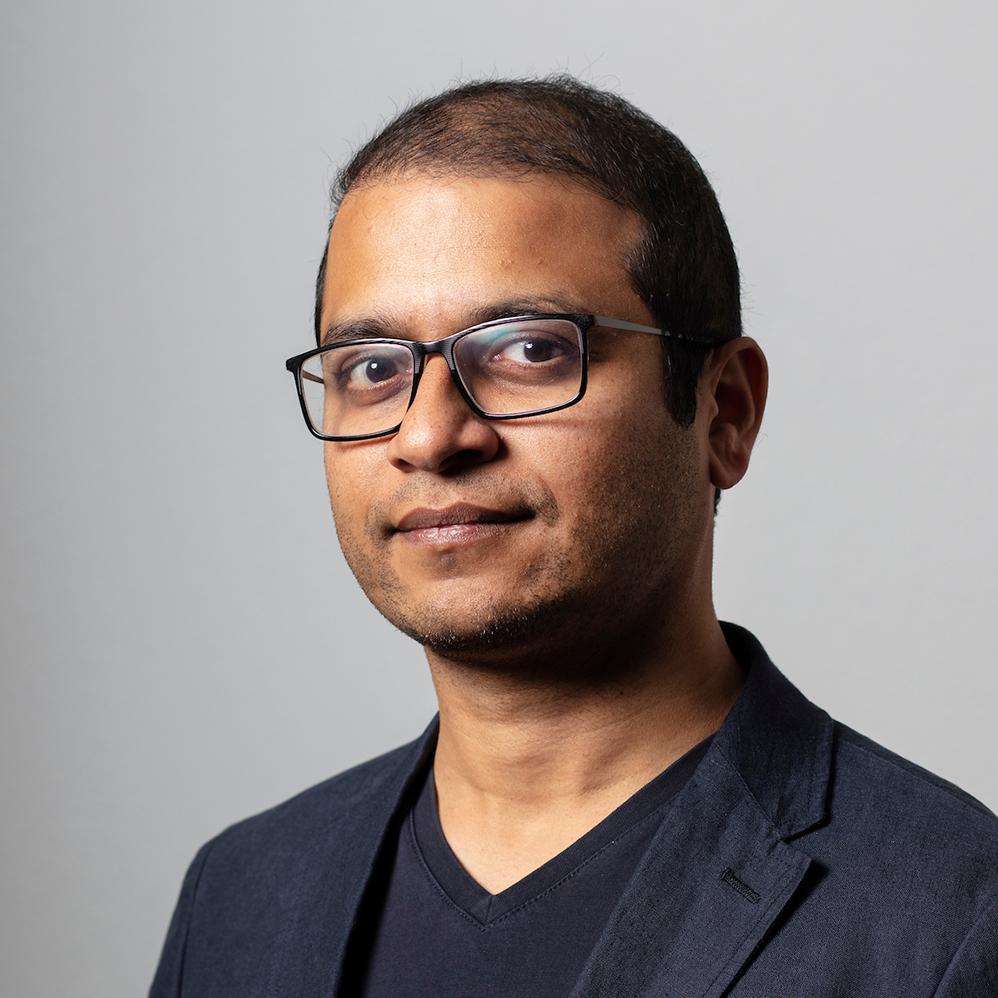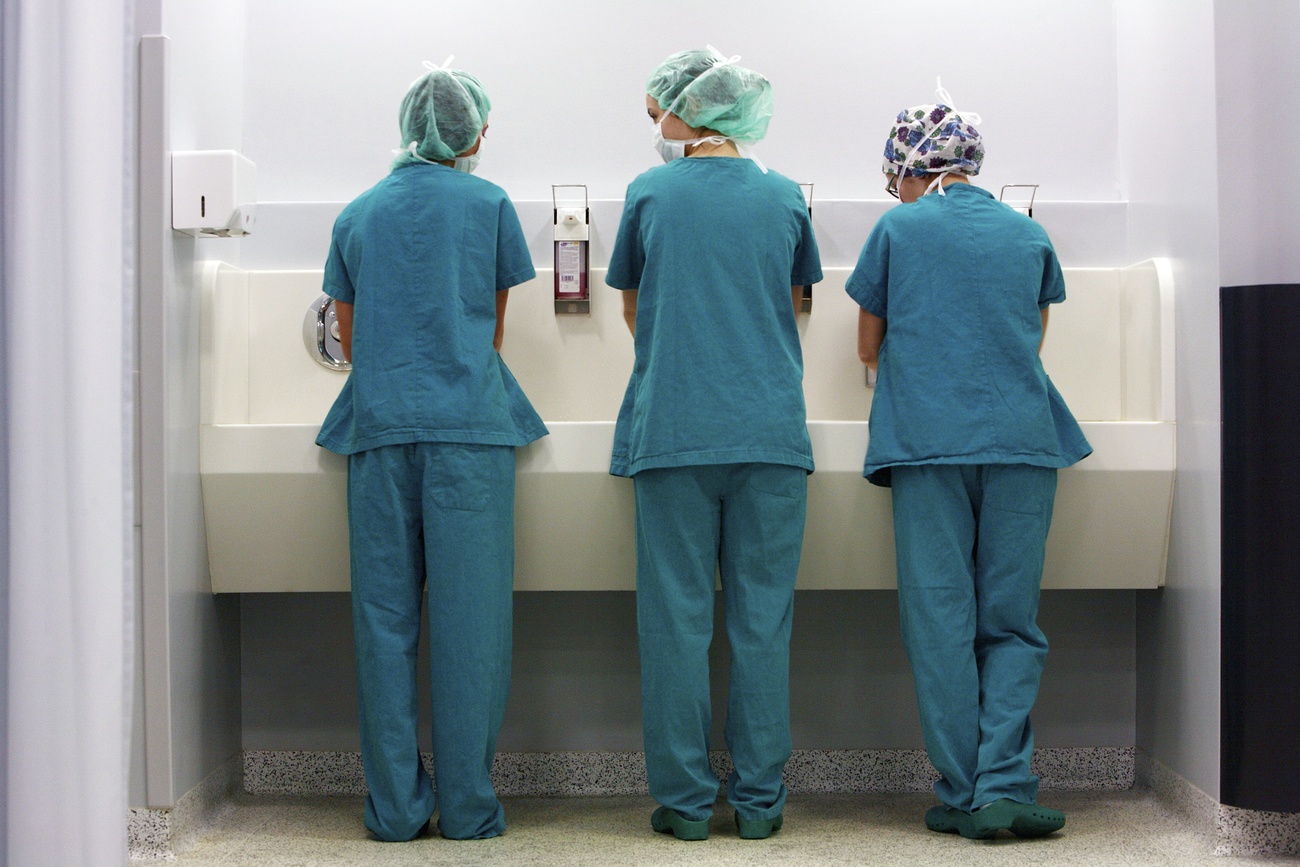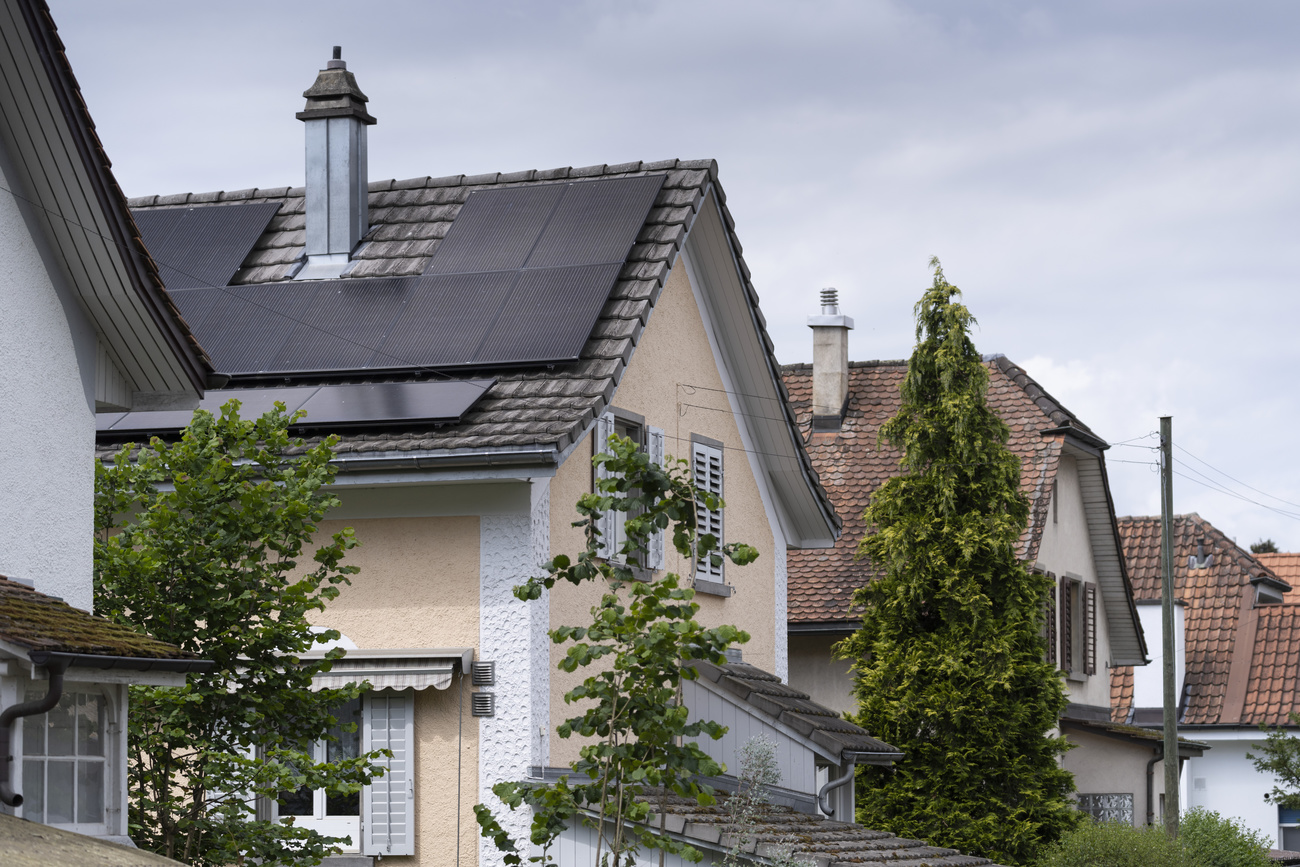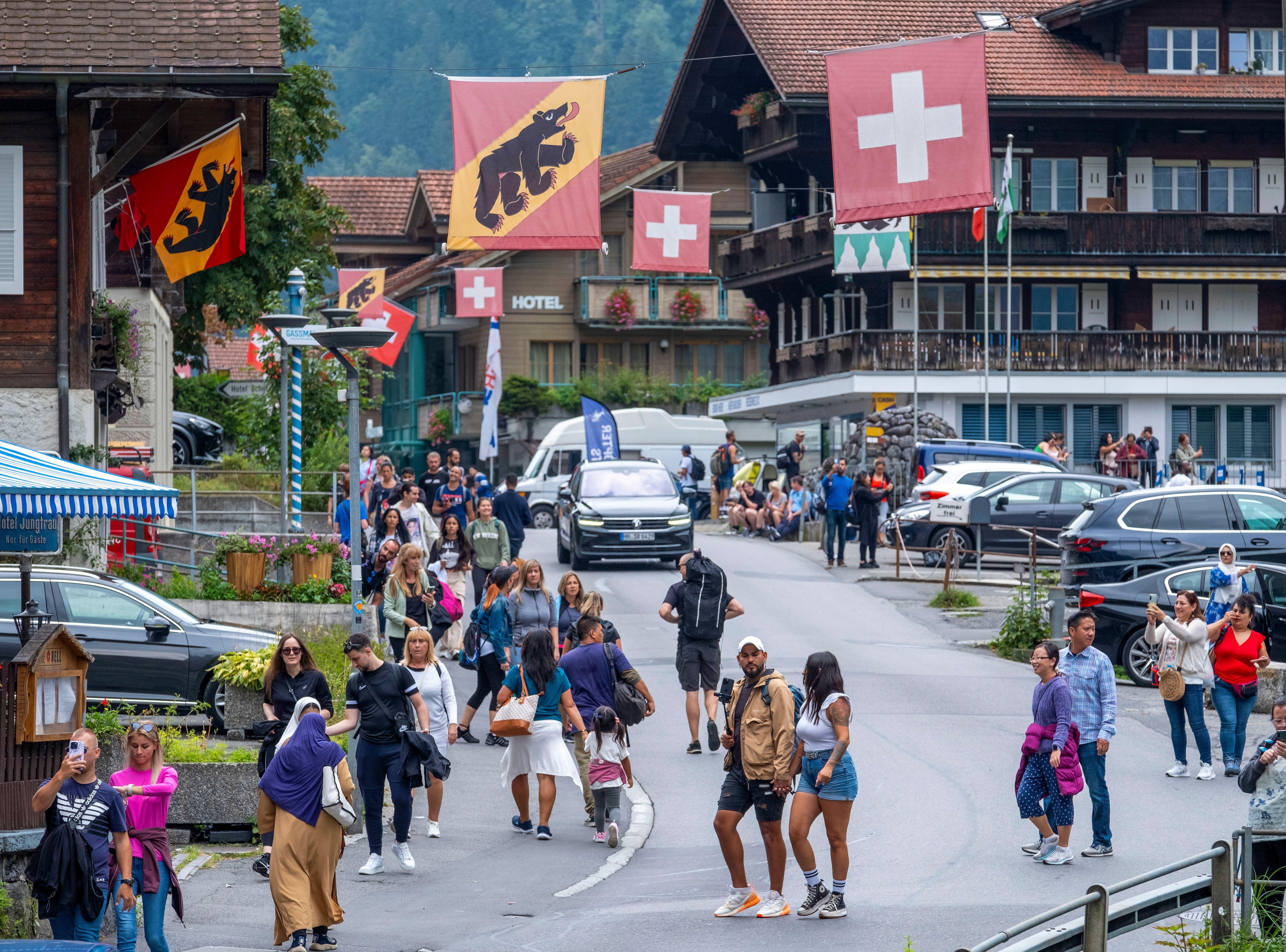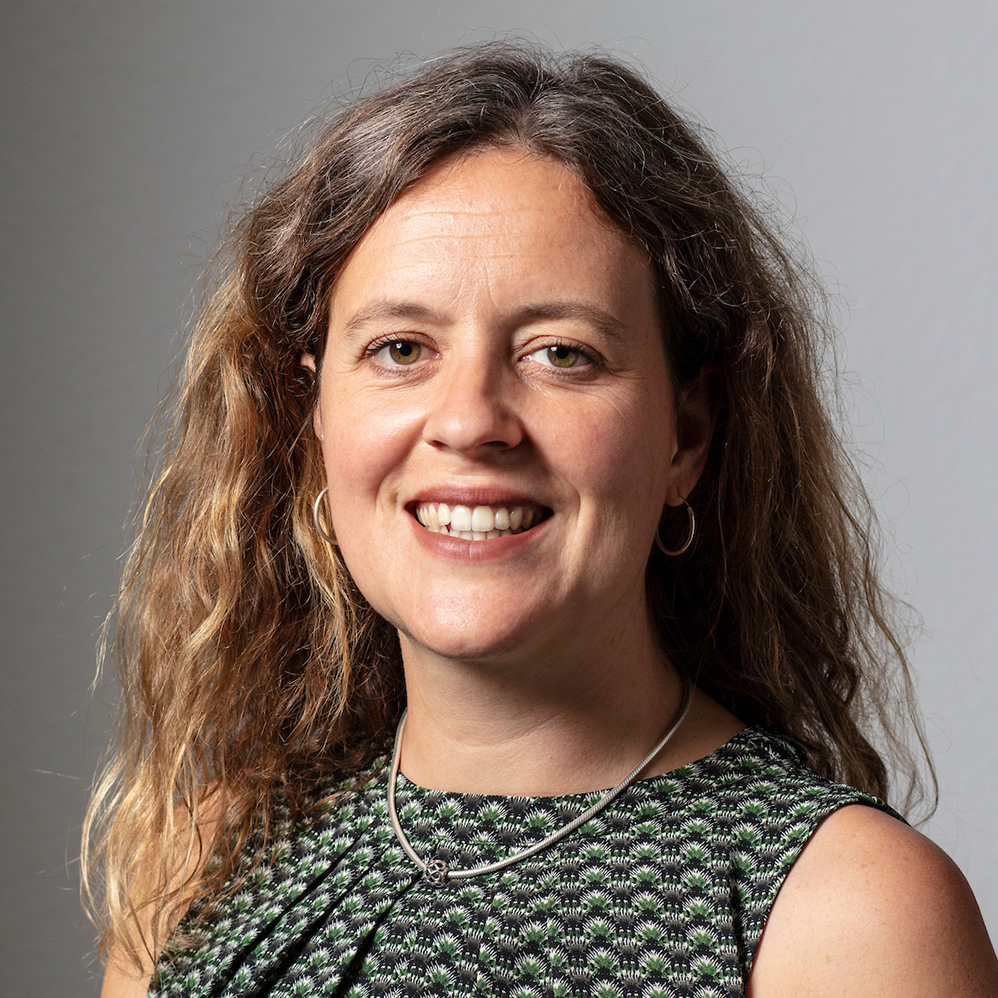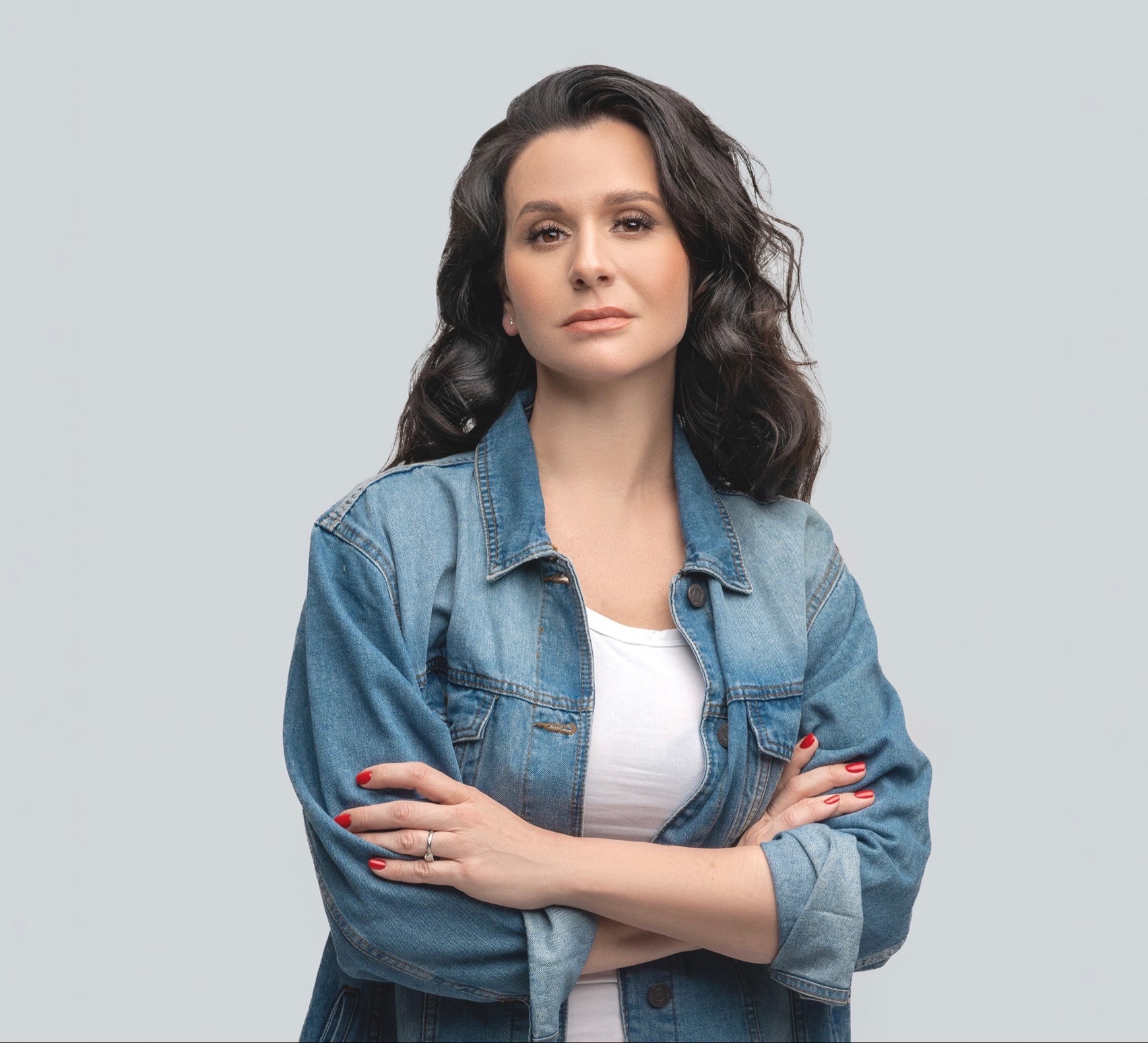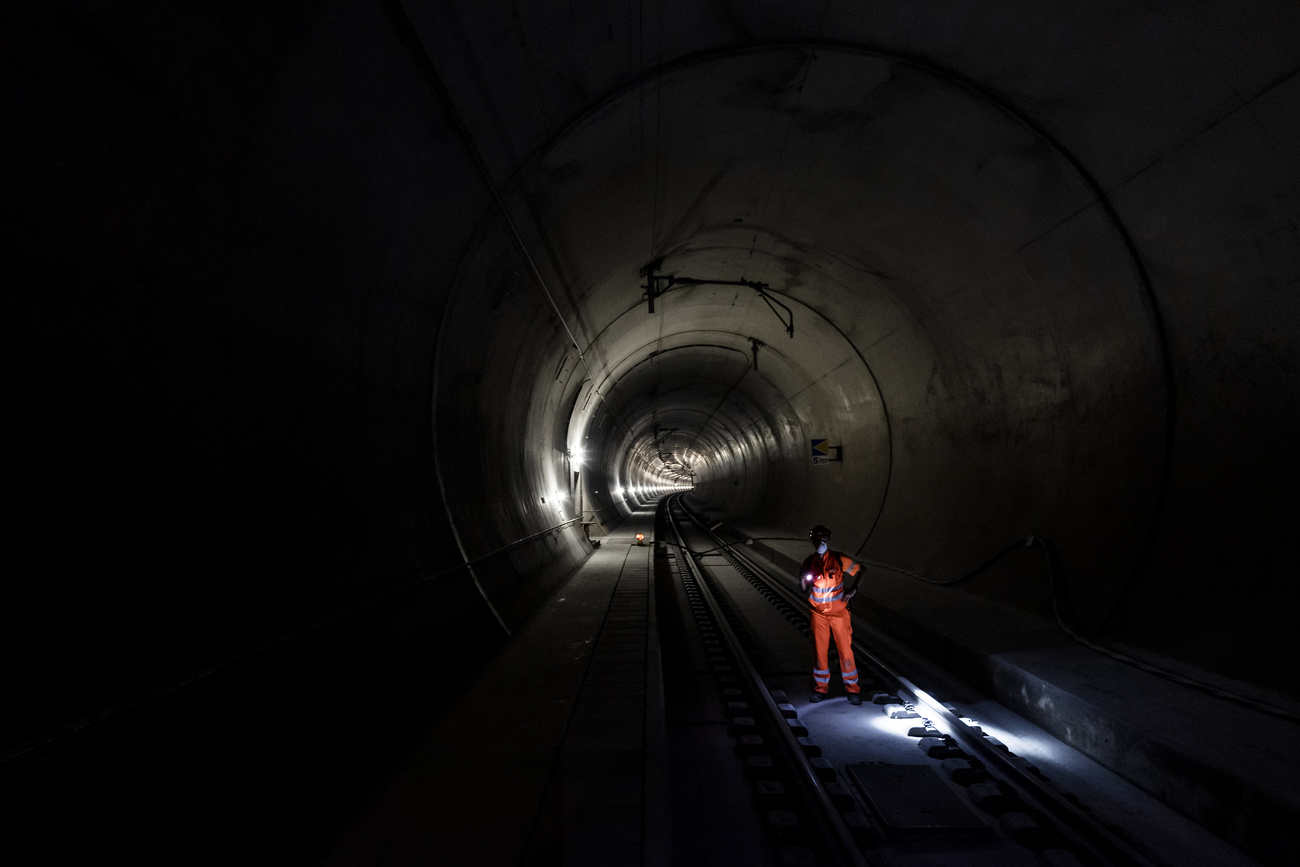
Switzerland Today
Dear Swiss Abroad,
Love him or hate him it is difficult to ignore him. WEF founder Klaus Schwab is one of the most recognisable people in Switzerland. The German native and Geneva resident founded the World Economic Forum in 1971 and its annual meeting in Davos is one of the most important gatherings for the global elite.
However, the 86-year-old will soon be relinquishing his current position as head of the World Economic Forum and assuming a non-executive role as chairman of the Board of Trustees. A step back from the spotlight or an institutional re-organisation?
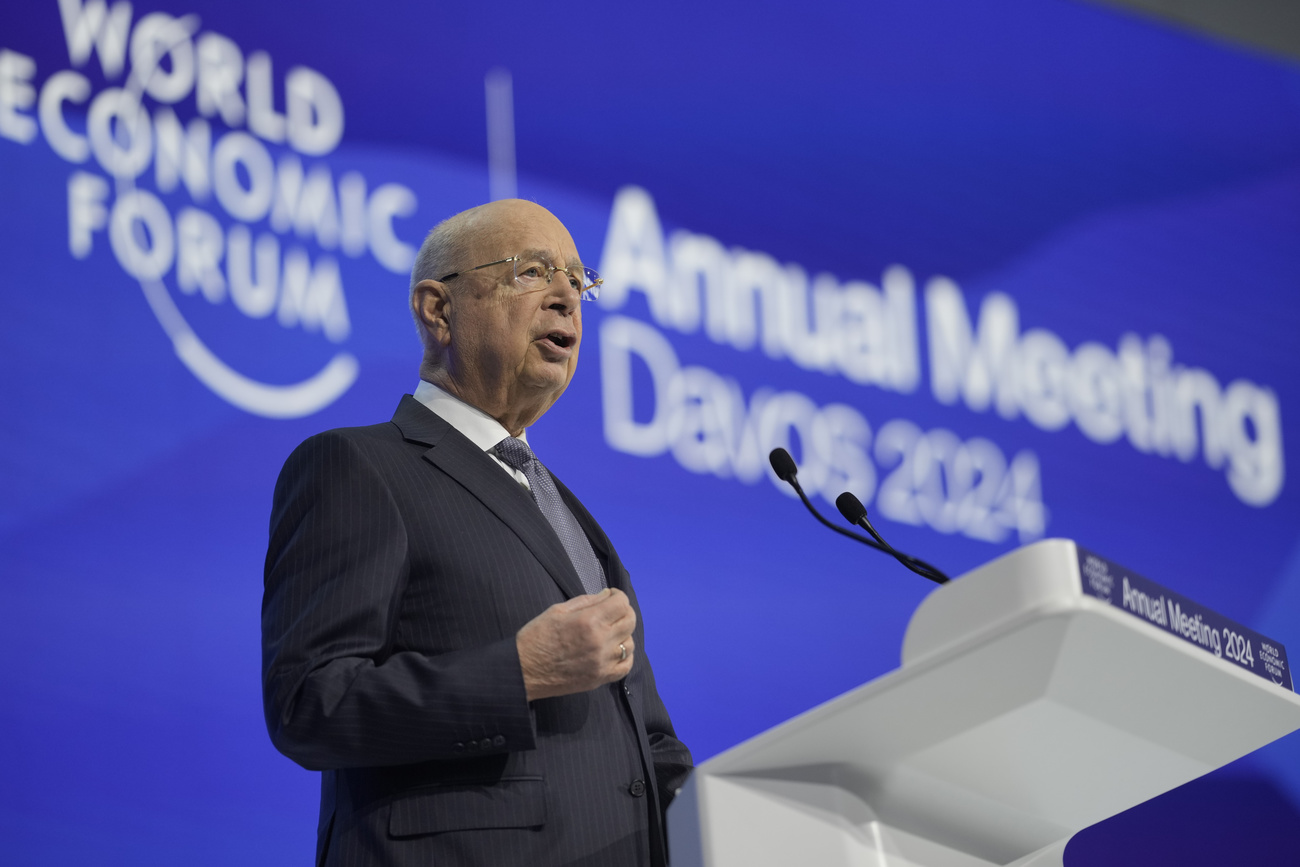
In the news: Schwab’s future, Bürgenstock army, toxic leak, machine exports and Turkish mafia
- Klaus Schwab is preparing the ground for his successionExternal link. By January 2025, he will change role from executive chairman of WEF to chairman of its Board of Trustees. The number two executive behind Schwab, WEF President Borge Brende, is seen as a potential replacement. The 58-year-old is a former Norwegian foreign minister and has been WEF president since 2017.
- Another gathering of elites making the news is the Ukraine peace conference in BürgenstockExternal link in June. Up to 4,000 members of the armed forces may be called up to provide security to the world leaders in attendance. The airspace above Bürgenstock will also be restricted.
- Five workers were exposed late Tuesday night to a liquid chemical leaking from a freight containerExternal link which was being transported by train through the Lötschberg tunnel. They suffered respiratory problems and eye irritation and were treated on site with no hospitalisation necessary. According to the police, there was no danger to the public or the environment.
- The Swiss mechanical and electrical engineering sector is going through a rough patch. Sales and orders fell by 5.4% and 2.3% respectively compared to the same quarter of the previous year while exports of goods fell by 8.5%, as the business association, Swissmem, reported on Wednesday. Geopolitical uncertainties and increasing protectionism are potential risks.
- In a cross-border raid against a Turkish criminal organisationExternal link, 19 suspects were arrested in Italy, Switzerland, Germany and Turkey on Wednesday. According to the Office of the Attorney General of Switzerland, house searches were carried out in the cantons of Aargau and Zurich. According to Italian news agencies, the detainees are accused of being members of a criminal organisation that pursues terrorist aims. They are also accused of illegal possession of weapons and explosives, international drug trafficking, murder and promoting illegal immigration.
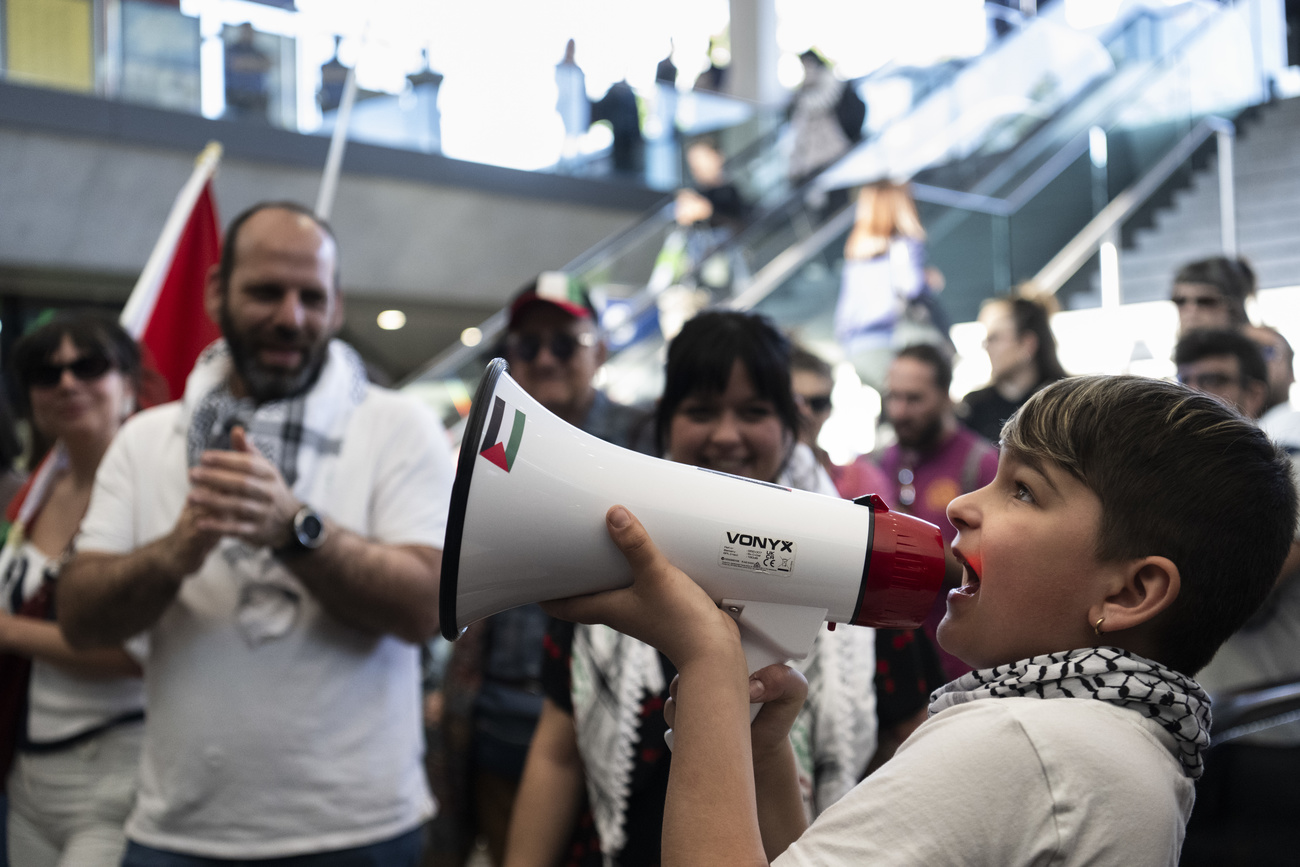
Polarisation: Political differences do not divide the Swiss
In many countries, there are signs that people are becoming increasingly hostile towards their political opponents. The upcoming presidential elections in the United States is one example and closer to home Slovakia has recently been in the spotlight because of the assassination attempt on Prime Minister Robert Fico.
What about Switzerland? There are various indications that “emotional polarisation”, i.e. the tendency to be less empathetic towards people of other political persuasions, has also deepened here. The coronavirus pandemic in particular, but also the wars in Ukraine and Gaza, have provoked highly emotional debates – and continue to do so.
However, a team of researchers from the University of Basel has now come to the conclusion that “affective polarisation” in Switzerland has hardly changed over the last two decadesExternal link. This is the first recent scientific study on this subject to be conducted in Switzerland.
The researchers speculate that frequent popular votes could be a factor as they allow polarising issues to be dealt with. Another probable reason is the electoral system that forces political groups to constantly recompose themselves in changing constellations.
More

In compliance with the JTI standards
More: SWI swissinfo.ch certified by the Journalism Trust Initiative
